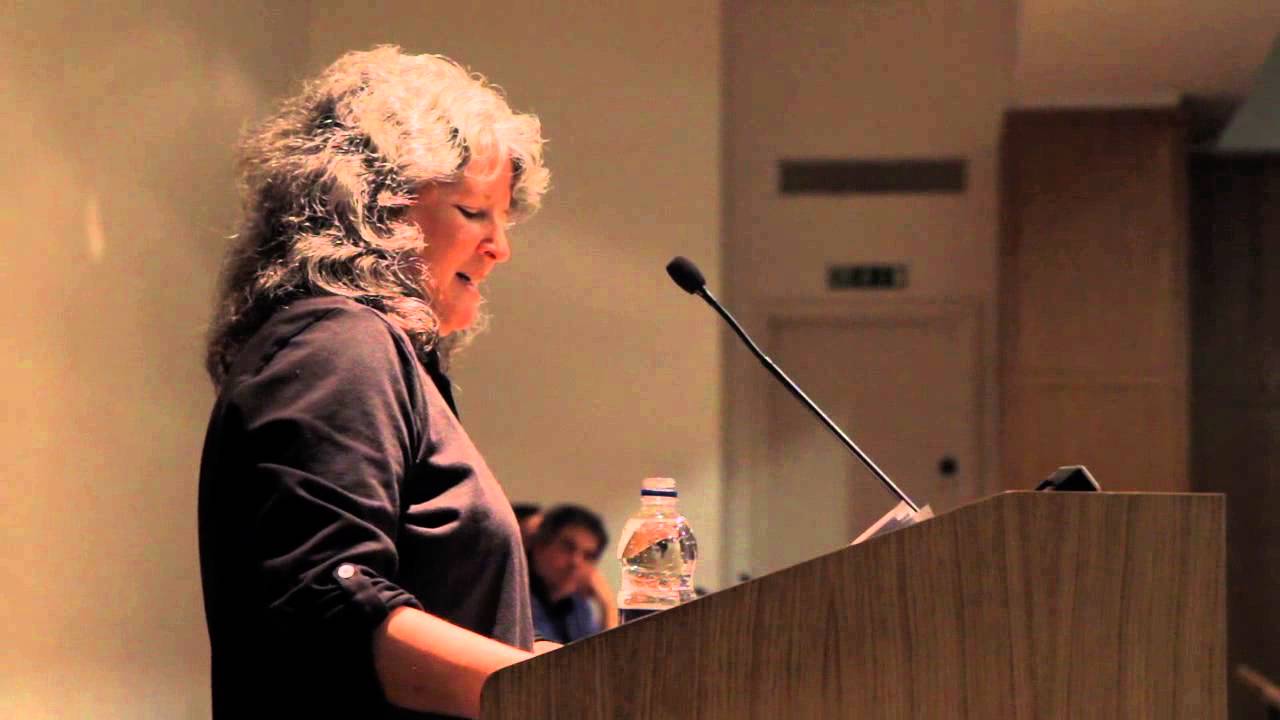The Verso blog has an excerpt from the introduction to Kathi Weeks’s book Constituting Feminist Subjects. Originally published in 1998, the book advances a theory of feminist subjectivity that draws from both modernist and postmodernist thought, and it’s being republished by Verso this month. Professor Weeks is probably best known for her groundbreaking 2011 book The Problem with Work, which updated and rethought the Marxist critique of work.
Check out a snippet of the excerpt from Constituting Feminist Subjects below. (The full excerpt can be found here.)
In Constituting Feminist Subjects I present a nonessentialist theory of feminist subjectivity that draws upon a variety of resources, including “postmodernists” like Friedrich Nietzsche, Michel Foucault, and Judith Butler, as well as “modernists” from the Marxist and socialist feminist traditions. By staging their encounters on a different terrain, outside these paradigm categories, I believe that we can develop some potentially productive lines of dialogue among these diverse theoretical projects.
I cast this reconfiguration of a feminist subject in terms of a version of socialist feminism known as feminist standpoint theory. The tradition of standpoint theory includes the contributions of many theorists who propose very different arguments. This account is based on a selective appropriation and extension of a specific set of arguments from a limited group of texts. I do not, then, offer a detailed summary of the literature, one that explains my support for or quarrels with each of the different versions. Since my goal is not to present a faithful account of standpoint theories in all their difference and specificity, I make no claim to remain true to the methods, contents, or aims of any one author. Rather than present a critical overview of existing standpoint theories, an endeavor that has already been admirably completed elsewhere, I intend to concentrate my efforts on constructing an alternative feminist standpoint theory, one that builds selectively on some of the fundamental themes of these original theories in a way that can render the basic project as I conceive it more compatible with a contemporary theoretical agenda.
Image of Kathi Weeks via YouTube.
